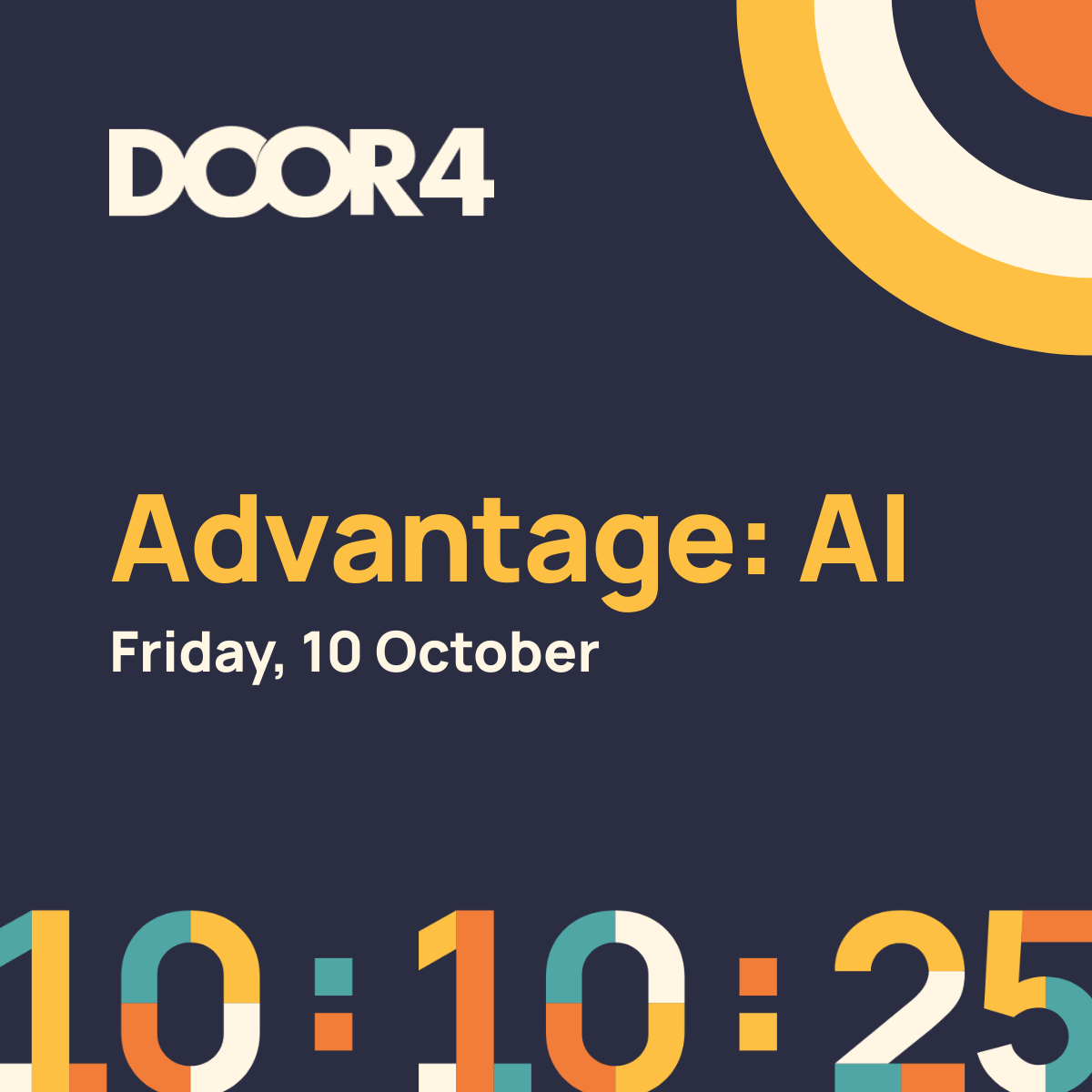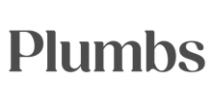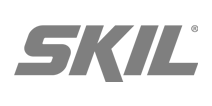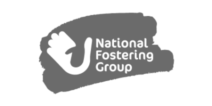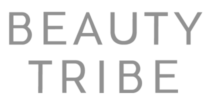Ready to explore the possibilities?
Request a quick call with our team to find out how the Innovation Explorer program can help your business take its next big leap into AI and automation.

Tactics of a Paid Search strategy designed for growth
I owe everything I know about Paid Search to my mistakes – and learning from them. My brightest light bulb moment was around the importance of business logic to keyword strategy. I’d followed industry logic and tools (thanks Keyword Planner), rather than understanding my clients businesses, and I’d been getting it wrong.
The younger, junior executive version of me learned on the job. (I’m a director now – so this is quite a while ago.) I was thrown in at the deep end and, as a result, got yelled at. What happens when you’re out of your depth, and getting yelled at, is an intense period of critical learning. One time in particular was an unexpected catalyst to the way I think about Paid Search.
I thought I had been covering all my client’s bases by creating a big keyword universe. I thought I was being thorough by trying to target every single possible keyword, plus a few long tail ones of course. I’d assumed this was how to make good use of his budget – and it was still industry standard in many cases to ‘cast the net wide and far’.
While I was on my way home on a Friday evening after a long week, I discovered (via yells) a national competitor was occupying crucial top-three positions on local search results – positions that were the natural home for our client. But we had a budget and the strategy was coverage of keywords in lower positions…
What do you expect to achieve using Paid Search? Growth, hopefully. Business growth. Profit.
I spent my weekend refocusing the account and investing heavily in a new type of campaign. On the Monday, our client experienced the best conversions he’d ever had. What had changed? I’d realised the importance of really relating business logic to the keyword universe, but moreover being aggressive in those areas – quality over quantity.
My PPC lightbulb moment
This had massive bearing all all my Paid Search strategies from here on. We talk about relevance and its importance, but the industry (in my experience) doesn’t do a great enough job of applying this to positional strategy. If it’s the MOST relevant keyword, OWN it.
It’s like this. A keyword universe is potentially infinite. Your keyword universe revolves around your business – keywords relevant to your business, at your fingertips. How do you know which ones to go for? Test them all? Nope – that’s what the inexperienced me fell for. I hadn’t focused enough on the business’ objectives and strengths. I’d been looking at it as a keyword problem, not a business issue. If a Paid Search account isn’t actively helping you make a profit, it IS a business issue. It needs business logic.
Business logic asks: what is it you’re great at? Why are you in business? What is the product or service you can outsell your competitors on all day? This is where you start designing your campaign if you want your Paid Search to help you grow.
How do you spot the signs of an under-performing account? Try this case study as an example of turning around a languishing account very quickly indeed. And let’s talk now about the mechanics of this: business logic.
What do you expect to achieve using Paid Search? Growth, hopefully. Business growth. Profit. The great news is that Paid Search really enables smaller retailers to compete with the giants; very well, actually. You can have your share.
What keywords do you need to target?
At the heart of your strategy should be fundamental common sense. Business logic asks: what is it you’re great at? Why are you in business? What is the product or service you can outsell your competitors on all day? If you had a potential buyer in front of you, which product would you explain first because it’s second nature/bread and butter/the area you dominate? How would your MD describe the business? Start here.
Now you’ve made your pitch, put everything you’ve got behind it. I’m a believer in aggressive strategies on core business terms (the reverse is a diluted unambitious keyword strategy trying to appeal to the masses). OWN these terms and make your MD happy. PPC is about driving click through rates (CTRs) through relevancy (through positions!) and following that relevancy up in your site and landing page experience. Give the user no other choice!
If you’re a car wash, bid on “Car Wash” terms, not your complementary “Scented Pine Air Fresheners”, which are secondary and not profitable.
Remember, profit is your goal. Be aggressive with your tactics – get the first click on the search page through good copy and follow up with a strong landing page. Every word needs to tell your visitors “we have exactly what you’re looking for, don’t you dare touch that dial” (mouse for you millennials).
The benefits of a campaign led by business logic are huge. It will help you determine your keyword universe and design your campaigns. A business logic approach effectively targets customers who have the intent to buy products like yours. It won’t seek to target potential customers who are not ready to buy, or who want a product with different features and a different price range. It matches your ideal customers to your products.
It also reduces your CPC (cost per click) and provides a strong framework you can use to scale your campaign. Scaling your campaign means more profit.
Thanks to Paid Search, the internet is a free market and nothing good will remain a secret. So, if you’re still not converting, but you’re following the advice above, check your products and proposition are spot on.
Paid Search strategy advice
- Brands need to own their niche There are rare exceptions?- these are not the rule
- Apply business logic to PPC principles. Stick like glue to what you’re best at
- Always compare YOY figures – seasonal fluctuations make most MOM comparison pointless
- CPA and ROI up MOM is a good indicator of growth – as are increased sales up MOM
- Have stretch targets in mind – what you’ll settle for and what your wild ambitions are
- Measure the right metrics; ignore vanity metrics (like impressions) – they tell you nothing
- A good Quality Score is essential. For all your keywords
- Be aggressive, or at least competitive. No prizes for letting your competition get in there
- Be systematic – when you’ve strengthened one set of keywords, start building out
- Don’t look at your turnover, your profit is the ultimate growth metric
If you’d like to talk about the aggressive Paid Search strategy your business needs, don’t hesitate to get in touch.
Photo by Yousef Al Nasser on Unsplash (cropped). This article was originally published on Medium.
-
 12.08.2021|Establish and track the right KPIs for your PPC campaigns. Avoid mistakes many businesses make and improve your ROI with focused strategy.
12.08.2021|Establish and track the right KPIs for your PPC campaigns. Avoid mistakes many businesses make and improve your ROI with focused strategy. -
 23.07.2021|PPC attribution models tell you which ads & keywords make your customers click. Find out which is best for you.
23.07.2021|PPC attribution models tell you which ads & keywords make your customers click. Find out which is best for you. -
 30.06.2021|Learn how to bid on PPC advert keywords and create ads that convert - and stop wasted ad spend by using best practice or, better still, getting support.
30.06.2021|Learn how to bid on PPC advert keywords and create ads that convert - and stop wasted ad spend by using best practice or, better still, getting support. -
 09.03.2020|It’s common for Paid Search accounts to waste ad spend. But it doesn’t have to be like this! Here’s how to optimise your account so it makes more money for you.
09.03.2020|It’s common for Paid Search accounts to waste ad spend. But it doesn’t have to be like this! Here’s how to optimise your account so it makes more money for you.
We have a lot to talk about.
ScrapbookDoor4 opinions and insight - our articles features and ramblings.
We explore performance marketing, AI, communications and optimisation.
